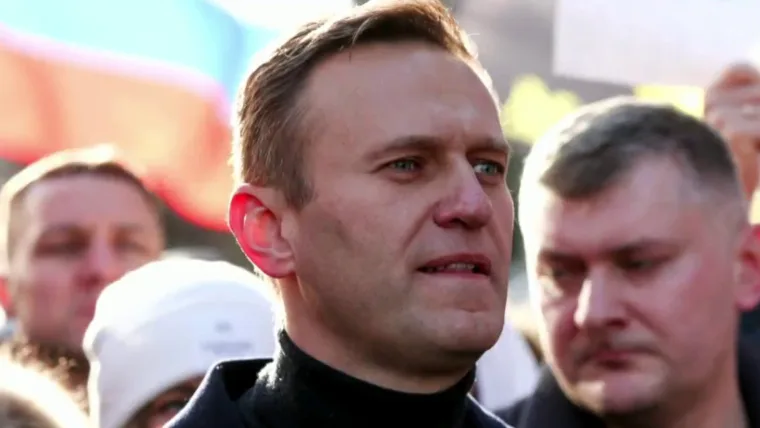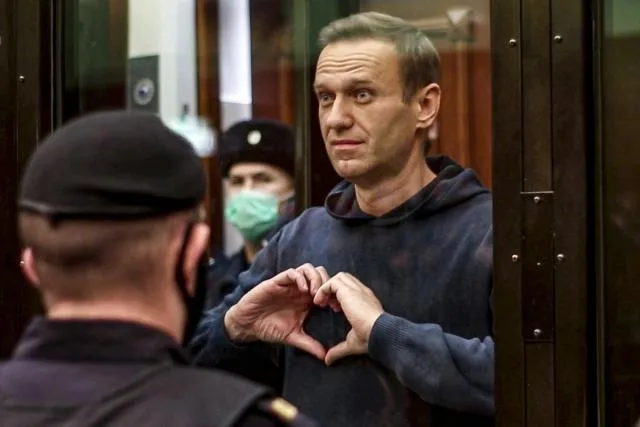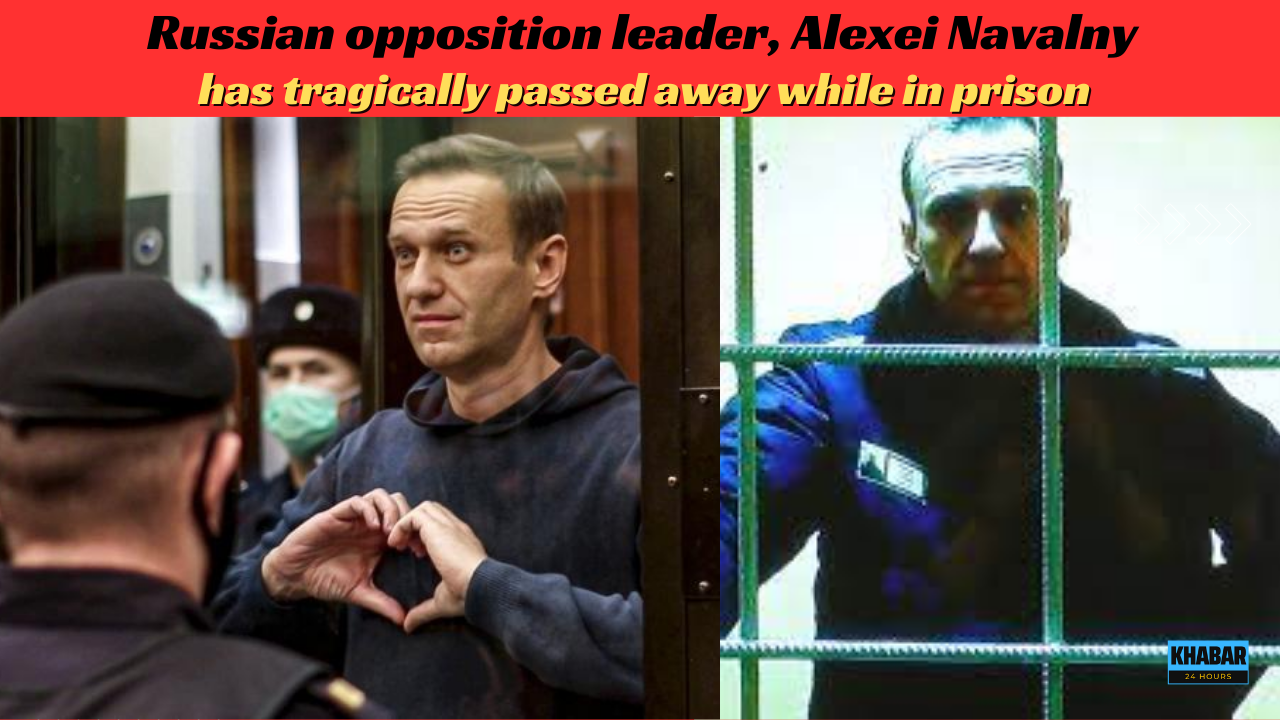
Since January 2021, Alexei Navalny has been in Russian custody, having returned to Moscow after recovering in Germany from nerve agent poisoning, which he accused the Kremlin of orchestrating.
The prison service of the Yamalo-Nenets region, where Alexei Navalny was serving his sentence, has announced his death. According to a statement on their website, Navalny became ill after a walk on Friday, lost consciousness almost immediately, and despite medical intervention, he could not be revived. The cause of death is currently under investigation.
The Kremlin has stated that it lacks information on the circumstances surrounding Navalny’s death and deferred to the prison service for updates. Additionally, Russia’s Investigative Committee has initiated an official investigation into the incident.

Dmitry Muratov, editor of a Russian newspaper and Nobel Peace Prize laureate, asserted to Reuters that the death of imprisoned opposition figure Alexei Navalny constituted “murder,” attributing it to the conditions of his confinement. Navalny, a prominent critic of Putin and leading opposition figure in Russia, had been sentenced to an additional 19 years in prison in August the previous year on charges of extremism. Following his return to Moscow in January 2021 after recovering from nerve agent poisoning in Germany, which he blamed on the Kremlin, Navalny was detained. Prior to his incarceration, he was known for his anti-corruption activism and organization of significant anti-Kremlin demonstrations.
Following his imprisonment, Navalny has faced multiple additional prison sentences and extensive periods of isolation in Penal Colony No. 6 due to purported minor violations. He has consistently denied all accusations against him, dismissing them as politically motivated. Located in the Yamalo-Nenets region approximately 1,900 km northeast of Moscow, the prison colony has gained notoriety for its harsh conditions.
MUST READ : Alexei Navalny

